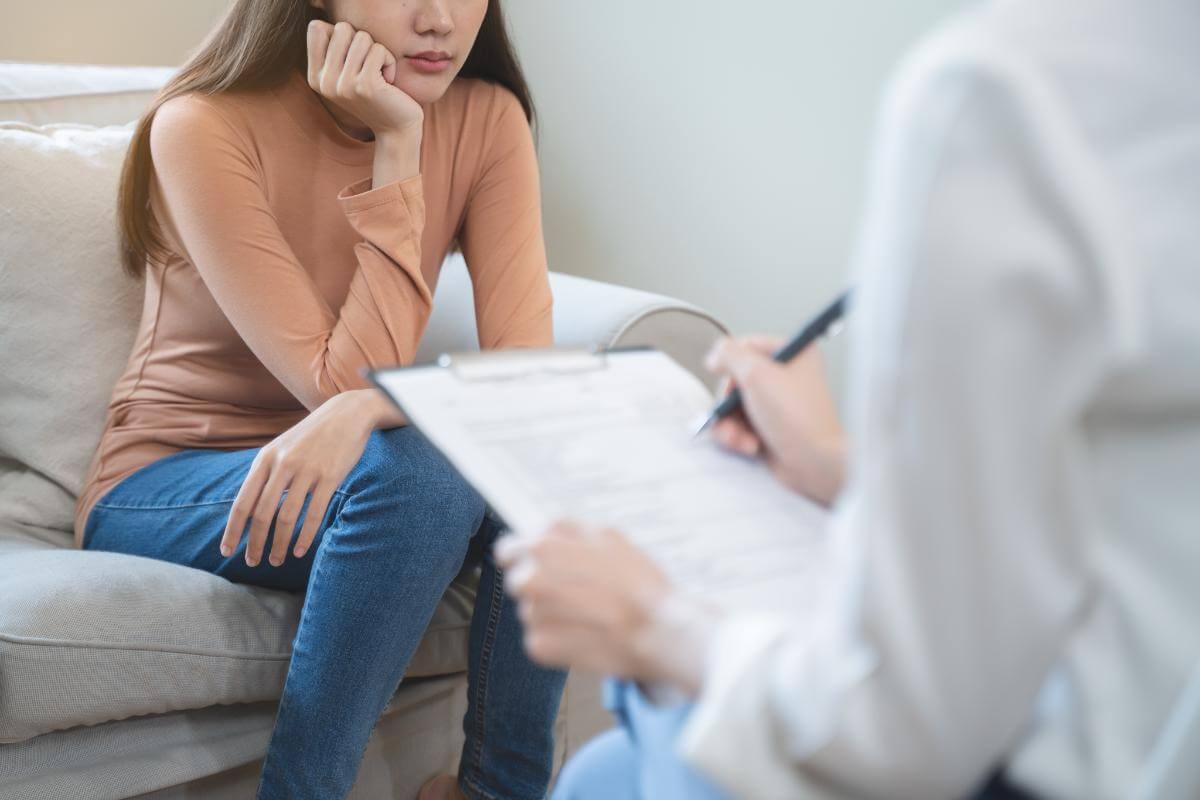Are you wondering “do I need dual diagnosis treatment?” First, one needs to know what dual diagnosis entails. Most people with a substance abuse disorder also have behavioral or mental health disorders. The overlapping of these conditions is dual diagnosis. Dual diagnosis treatment involves addressing both disorders. If your doctor diagnoses you with both disorders, ensure you get an integrated treatment plan. This helps you meet a healthy and fulfilling life.
What Do I Need Dual Diagnosis Treatment For?
In some cases, mental disorders trigger the addiction as a coping mechanism. This explains why one should never ignore symptoms of mental or behavioral disorders, especially when struggling with addiction. Some of these disorders are depression, schizophrenia, and bipolar disorder.
Abusing drugs such as marijuana may trigger psychosis. This causes addicts to lose touch with reality. Some people are at risk of developing a mental disorder or addiction problem from their genetics. Exposure to traumatic events and anxiety also causes addiction.
Which Symptoms Do I Need Dual Diagnosis Treatment To Solve?
Different individuals experience different symptoms of dual diagnosis. These vary depending on the severity of the condition and the drug abused.
Some signs to look out for in determining whether or not an individual needs dual diagnosis treatment include:
- Neglecting hygiene and health
- Finding it hard to manage responsibilities and daily activities
- Refusing to follow or seek treatment
- Mentioning thoughts of suicidal behaviors
- Poor performance at work or school
- Problems managing finances
- Sudden changes in behavior
Most people tend to self-medicate when diagnosed with mental illness. Using alcohol and drugs to mask a mental disorder leads to addiction. It may also worsen behavioral or mental illness. Individuals with mental disorders consume huge amounts of drugs to achieve the required effects. They develop tolerance over time. These persons need to take more drugs every time to remain high. This negative habit leads to co-occurring mental and substance abuse disorders.
How Does Dual Diagnosis Work?
You might be wondering “do I need dual diagnosis?” but not be fully aware of what it entails. Dual diagnosis treatment starts with an assessment of psychiatric health. This helps the physician to find out which disorder the patient has. The doctor prescribes general psychiatric counseling and medication during this stage.
Counselors work with patients in addiction rehab. This helps in addressing co-occurring disorders. Holistic treatments like meditation and yoga help individuals find meaning in their lives. Behavioral modification therapy involves teaching patients new healthy coping mechanisms. The individuals gain knowledge of how to avoid triggers that may cause a relapse.
Dual Diagnosis Treatment Programs
The Landmark Recovery center provides treatment plans for dual diagnosis disorders. The facility has health professionals who assess your condition and provide the required treatment. Some of these treatment plans include:
- Alumni program: The facility offers a support network that is integrated for its alumni. The alumni treatment program ensures they stay on track even after recovery.
- Individual and group therapy: Individual therapy involves talking to a psychologist about your struggles. Group therapy brings people with different disorders together. This enhances treatment and recovery.
- Residential treatment program: This is like an addiction rehab. Therapists get time to work with the patients to improve their condition.
- Partial hospitalization: This program allows patients to receive treatment while still catering to their responsibilities. The program involves a boarding and outpatient program.
- Mindfulness and recreation: The facility has recreational activities. These help to create a healthy mind and body.
Seek Dual Diagnosis Treatment
allow co-occurring disorders to destroy your life and that of your loved ones. With our team of health experts and professionals, we offer the best treatment plans.

